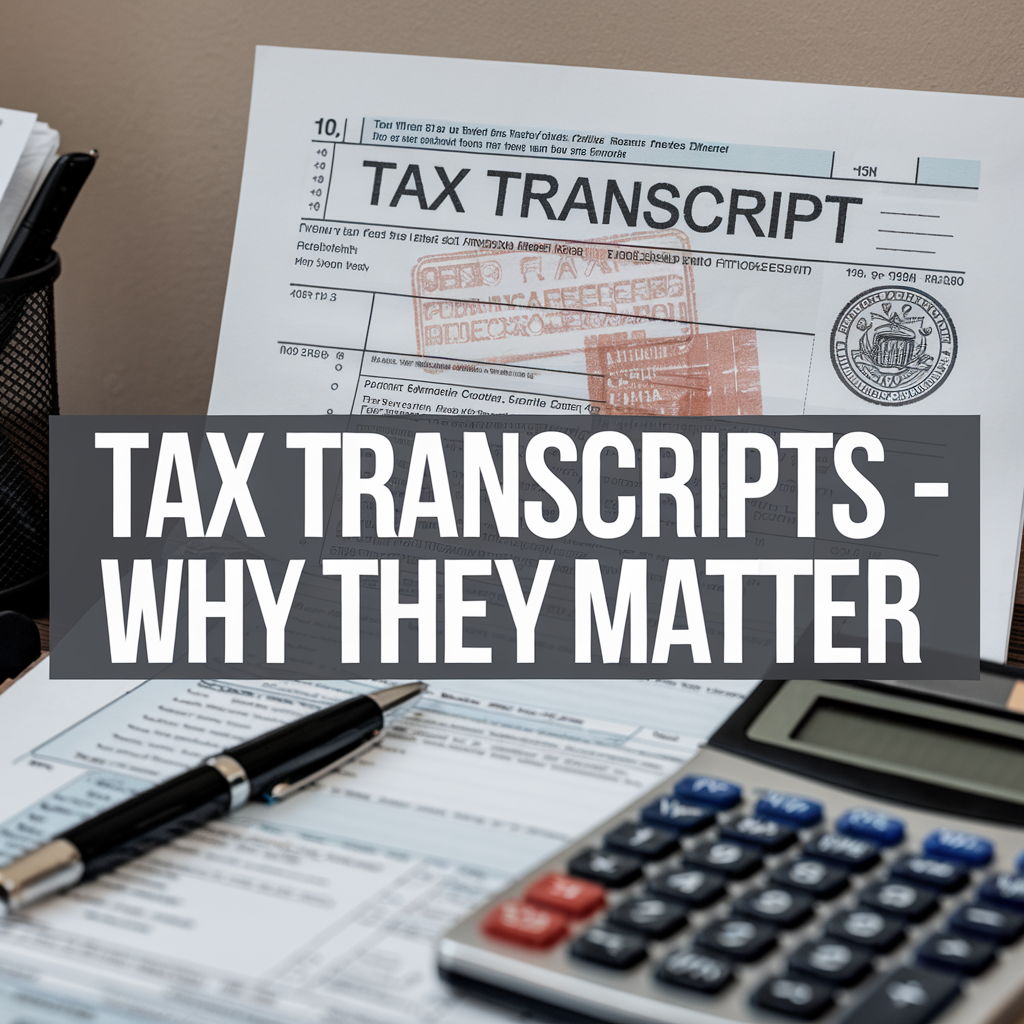Wage Garnishment in California – Know Your Rights (Orange County Edition)

Introduction: Losing Part of Your Paycheck to the FTB?
If the Franchise Tax Board (FTB) is taking money out of your paycheck, you’re probably dealing with a wage garnishment—a powerful collection tool that can devastate your finances.
The FTB can garnish wages without a court order, often leaving taxpayers with little warning and even less cash.
But here’s the good news:
You can fight back.
With the right legal and financial strategy, it’s possible to
reduce, pause, or even stop wage garnishments in California.
This is especially important for residents in Orange County cities like Irvine, Anaheim, and Santa Ana who are being affected by California tax enforcement.
What Is Wage Garnishment?
Wage garnishment is a legal process where your employer is ordered to withhold part of your paycheck and send it to the FTB to satisfy a tax debt.
How Much Can the FTB Take?
The FTB can garnish:
- Up to 25% of your disposable wages
- Sometimes more, depending on your income and household size
They calculate this after required deductions (not including rent, food, or medical bills), so the impact can feel massive.
How Did You End Up in Garnishment?
Garnishments usually follow:
- Unpaid California tax debt
- Multiple ignored FTB notices
- Failure to set up a resolution plan
- FTB sending an “Order to Withhold” to your employer
Unlike other creditors, the FTB does not need to go to court. Once your employer gets the order, they must comply.
What Are Your Rights Under California Law?
- You have the right to receive notice before garnishment starts
- You have the right to dispute the garnishment
- You can request a financial hardship review
- You can be protected if the garnishment causes severe financial distress
How to Stop or Reduce FTB Wage Garnishment
1. Request a Financial Hardship Deferral
If garnishment threatens your ability to afford rent, food, or healthcare, the FTB may suspend collection.
2. Enter Into an Installment Agreement
The FTB will often stop garnishment if you enter a formal payment plan that fits your income.
3. Submit an Offer in Compromise
If you truly can’t pay, you may qualify to settle your debt for less than owed.
4. Dispute the Garnishment
If the garnishment is in error or exceeds legal limits, you can file a protest or contact the Taxpayer Rights Advocate.
Learn more: How to Qualify for an FTB Hardship Deferral
Can You Negotiate the Amount?
Yes. With proper documentation, you can request the garnishment be reduced to an amount that allows you to cover basic living expenses.
Case Study: Wage Garnishment Released in Garden Grove
Denise, a teacher in Garden Grove, had 22% of her paycheck garnished due to back taxes. After calling Boulanger CPA:
- We submitted a hardship request with budget documentation
- The FTB paused garnishment within 10 days
- We later negotiated a $90/month payment plan
- Denise’s full paycheck was restored
We Help Californians Fight Back
At Boulanger CPA and Consulting PC, we help wage earners in Orange County—including Irvine, Santa Ana, Anaheim, and Garden Grove:
- Stop wage garnishments
- Get levies released
- Restore their financial stability
- Resolve tax debts permanently
Let’s Get Your Paycheck Back – Contact Us Today
Website:
www.orangecounty.cpa
Phone:
657-218-5700
Email:
marc@boulangercpa.com
Frequently Asked Questions
How much can the FTB garnish from my paycheck?
The FTB can garnish up to 25% of your disposable wages—but in some cases, it may be more depending on your income and household size.
Can I stop wage garnishment in California?
Yes. You can stop garnishment by requesting a hardship deferral, entering an installment agreement, or settling through an Offer in Compromise.
Do I need to go to court to stop the FTB?
No. The FTB can garnish wages without a court order, but you can still request relief through their collection division or through professional representation.
How fast can a CPA stop garnishment?
In many cases, we can stop or pause garnishments within days by contacting the FTB directly and submitting appropriate financial documentation.














